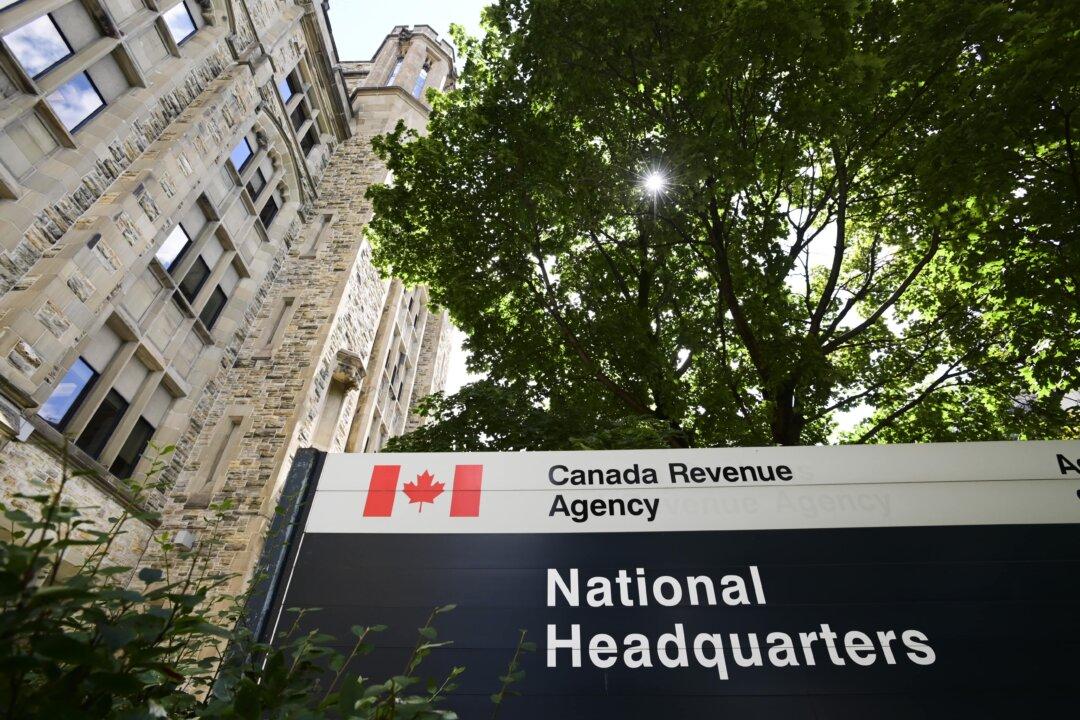Canadian taxpayers may be on the hook for $2.4 billion due to a projected write-off of debts from a pandemic loan relief program, federal records show.
The expected loss stems from the $42.9 billion Canada Emergency Business Account (CEBA) program, which offered loans to business owners affected by lockdown orders during the COVID-19 pandemic.





